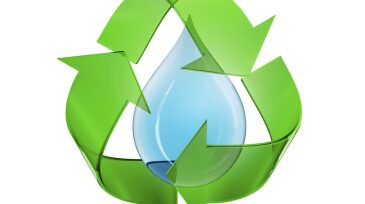Water management
The justices ruled that the company holding the oil and gas lease also lays claim to the produced water. The ruling comes as more companies are seeking to turn a profit on what has long been considered a vexing waste stream.
The Texas Railroad Commission has tightened its guidelines on the permitting of disposal wells in the Permian Basin.
The agency said it wants to modernize the rules and expand the potential uses for produced water.
-
The number of offshore facilities employing waterflooding with desalination continues to grow. Currently, more than 50 sulfate removal units are in operation offshore with a total capacity of approximately 8 million BWPD.
-
Produced water has typically been viewed as a waste product to be disposed. A recent webinar explored ways that this waste can be turned into value through treatment and reuse. Available options vary with the quality of the produced water.
-
Changing the salinity of injection water could make the difference in getting more out of existing wells.
-
Using low-sal water for flood can add 30% to the amount of oil that can be recovered from a reservoir. What is the theory behind it?
-
A recent webinar covered the varieties of current technology for flotation equipment and provided an in-depth look into flotation technology and the options surrounding offshore applications.
-
Ted Frankiewicz' Distinguished Lecture presentation on “Diagnosing and Resolving Chemical and Mechanical Problems in Produced Water Treating Systems” was the subject of a recent webinar.
-
A recent webinar discussed current technologies to enable reuse of produced water in gas and oil shale developments.
-
The oil and gas industry is sometimes slow to adopt new technologies and other times quick to deploy a new approach. The decision whether to try something new weighs the perceived risks and rewards.
-
The high level of dissolved iron commonly present in the Marcellus waters of Pennsylvania and West Virginia adversely affects the ability of scale inhibitor to inhibit calcium carbonate scale. This study tests two new products under a range of conditions.
-
Higher oil prices has created increased interest in chemical enhanced oil recovery (CEOR) using polymers, surfactants, and alkalis. This technology poses some special challenges, especially around water treatment.













